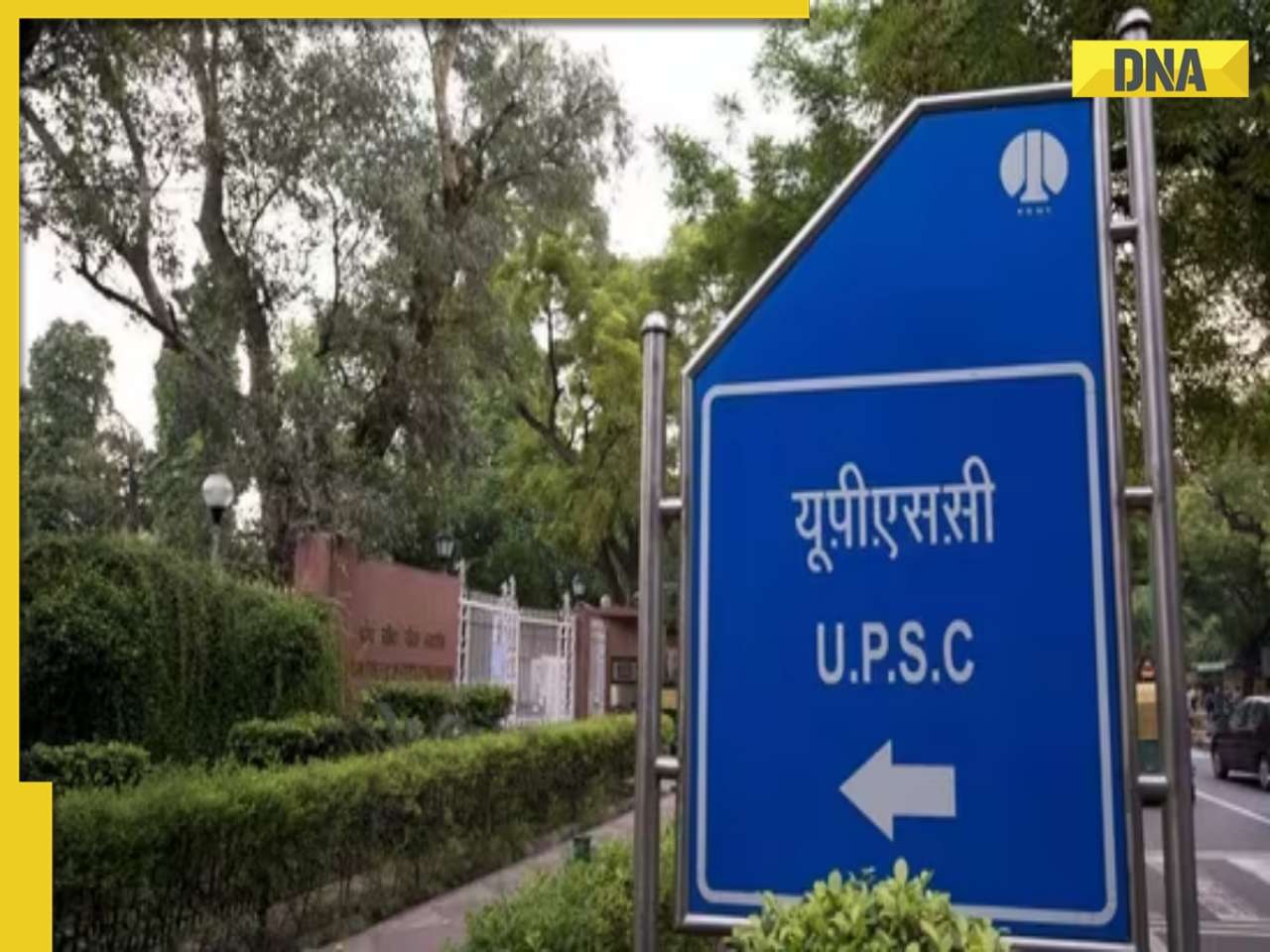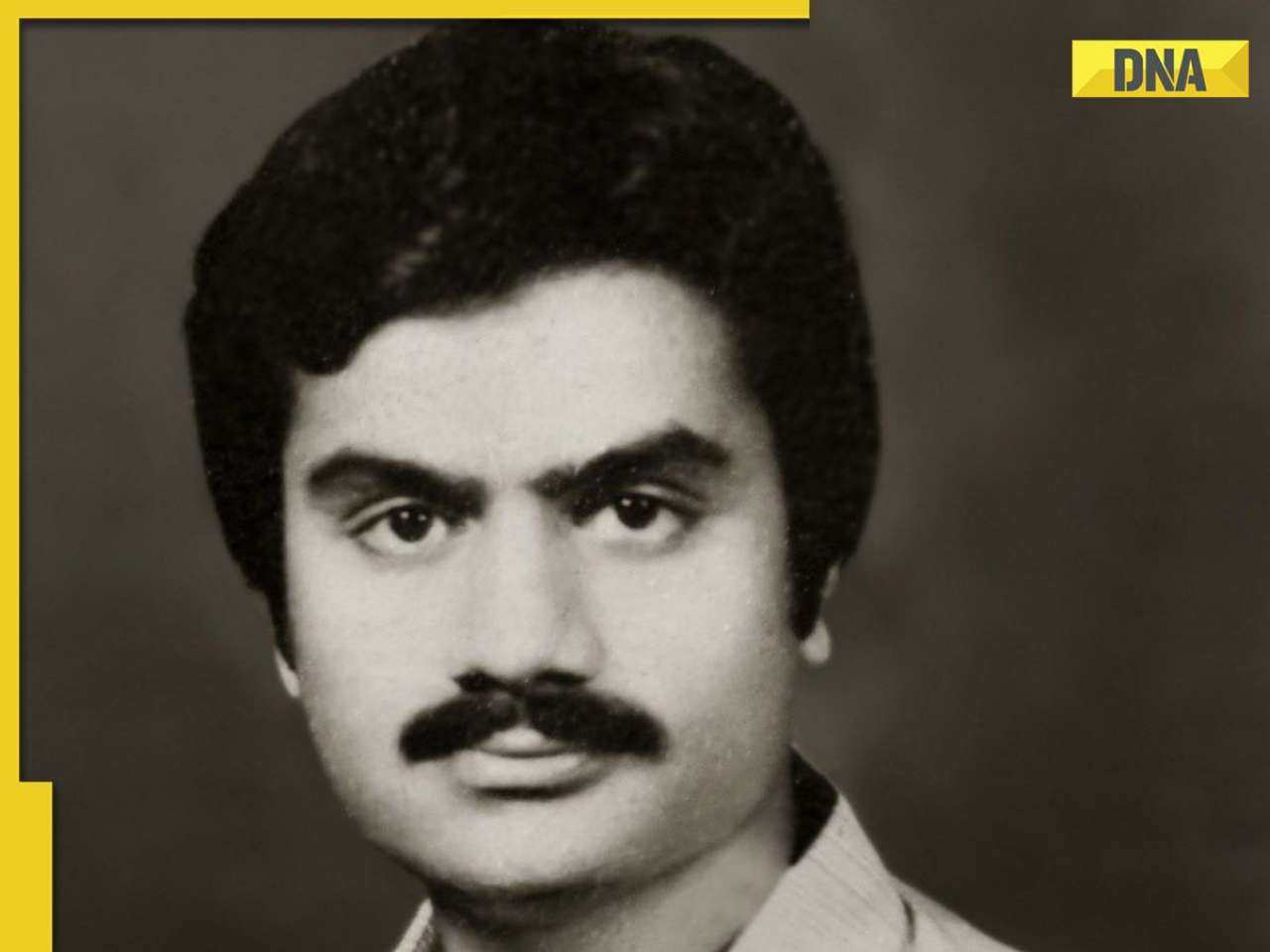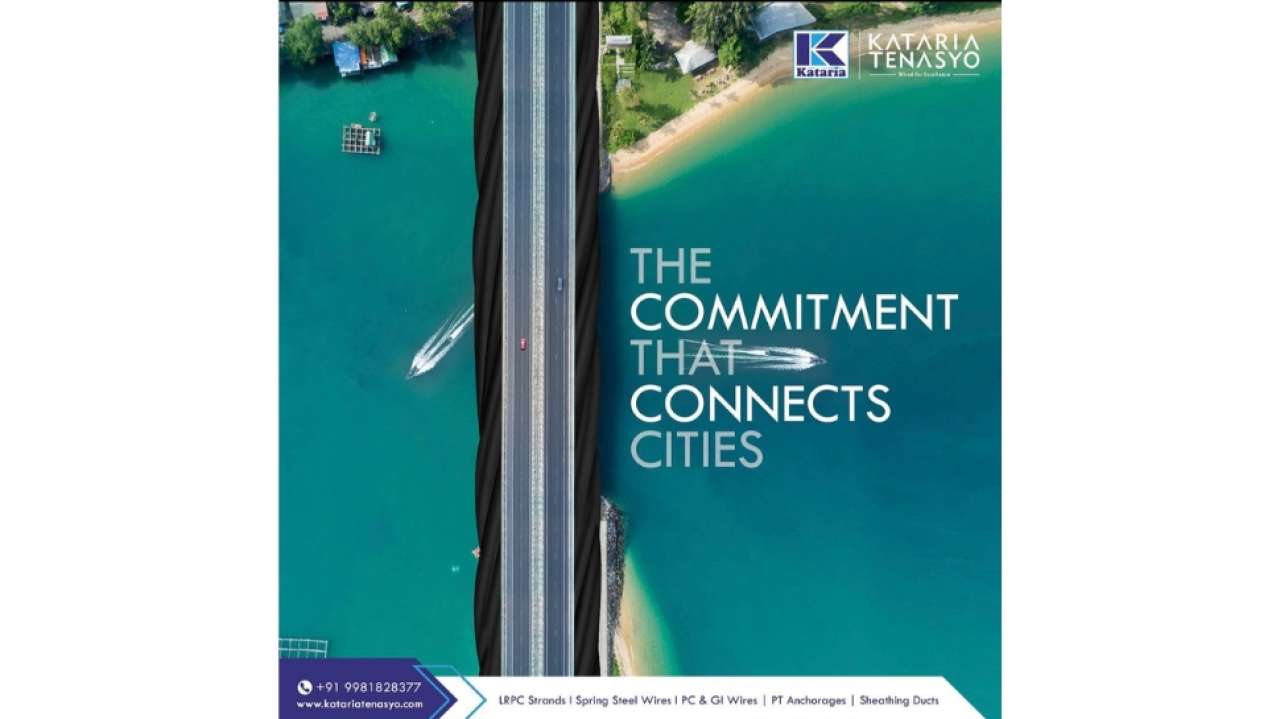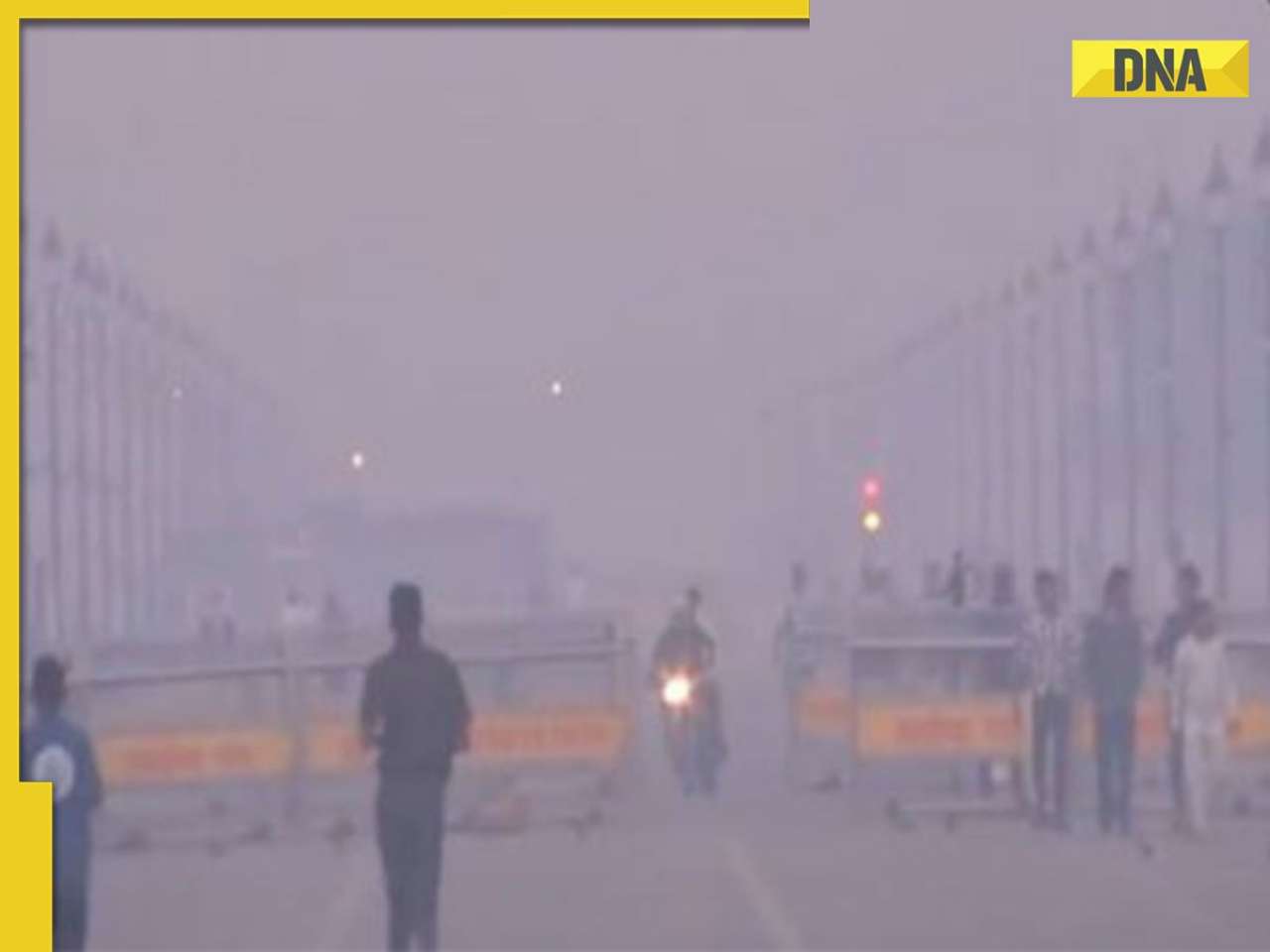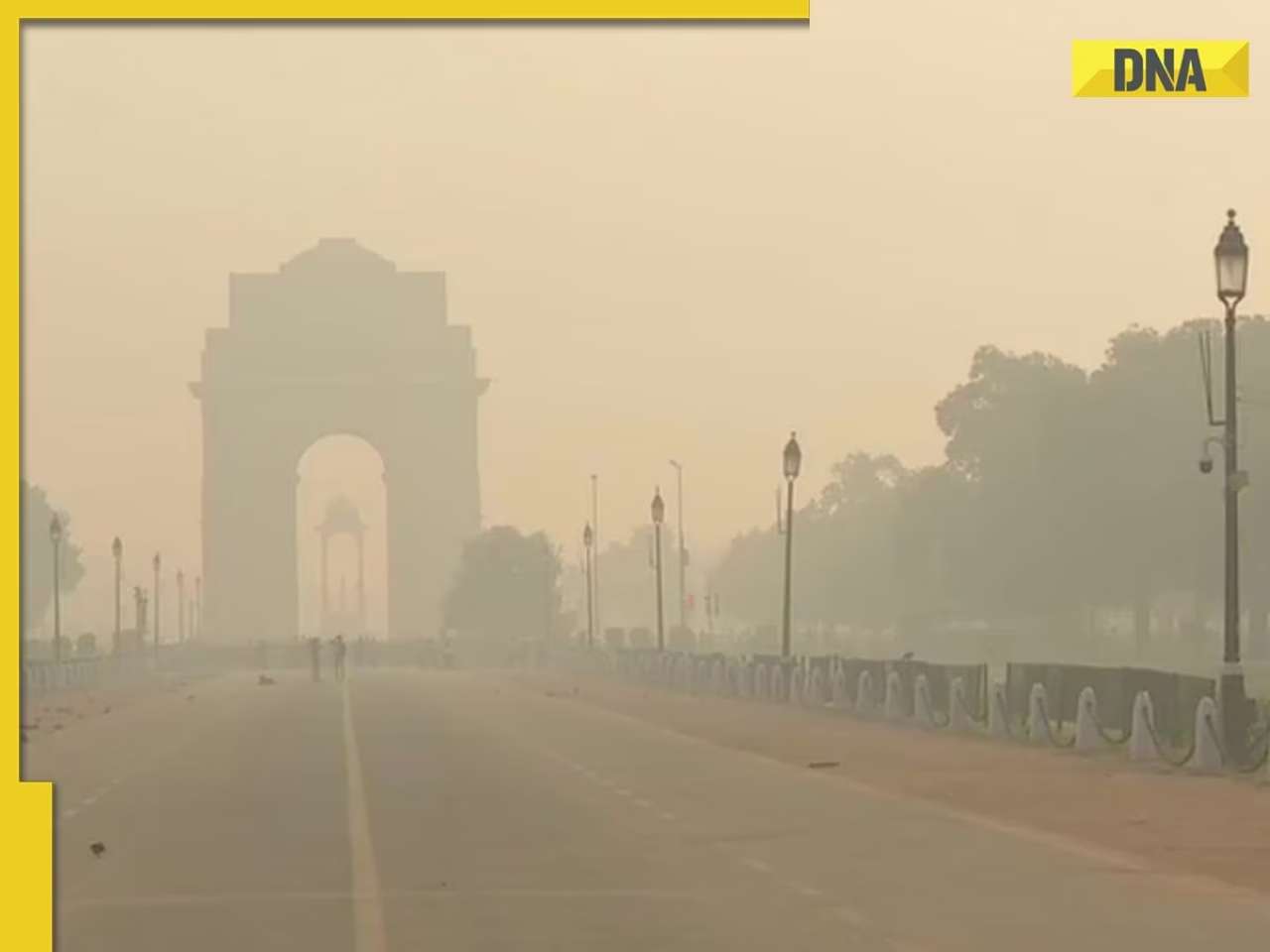- LATEST
- WEBSTORY
- TRENDING
BOLLYWOOD
Oscar-nominated film To Kill A Tiger in legal soup; case filed against makers, Netflix over rape survivor's depiction
Oscar-nominated documentary To Kill A Tiger has been dragged to court by a petitioner claiming it violates India's laws on not disclosing a rape survivor's identity. A bench of Delhi High Court has now sought the stand of the Centre on the plea while refusing to stay the film's streaming
TRENDING NOW
The Delhi High Court on Thursday sought the stand of the Centre on a plea seeking action against filmmaker Nisha Pahuja and Netflix for allegedly revealing a minor gang rape survivor's identity in a documentary film in violation of the law.
Set in a Jharkhand village, To Kill A Tiger follows the journey of a man battling for justice for his 13-year-old daughter who was sexually assaulted by three men. The film was nominated in the Best Documentary Feature category at the 96th Academy Awards this year.
A bench of Acting Chief Justice Manmohan issued a notice to the Centre as well as Pahuja, an Emmy-nominated filmmaker based in Canada's Toronto, and the OTT platform streaming the film, on a petition by Tulir Charitable Trust and asked them to file their replies. The bench, also comprising Justice Tushar Rao Gedela, refused to stay the streaming of the film in its present form at this stage, observing that it has been available to the public here since March.
The petitioner alleged that the film revealed the identity of the rape survivor, who was 13 years old at the time of the incident, as her face was not "masked" and even showed her in her school uniform. "The film was shot for 3.5 years. She (Pahuja) made no attempt to mask the minor's identity. There are around 1,000 hours of filmmaking. The poor girl was asked to repeat (her ordeal). All parts are in knowledge of respondent no 5 Netflix," the petitioner's counsel said. The rape survivor could not have refused her consent to publish her identity after she turned a major as there was "a kind of Stockholm syndrome", he alleged.
He said the documentary "panders to international taste" and violated legal provisions in the Protection Of Children from Sexual Offences Act (POCSO) Act and other laws concerning the protection of the identity of minor rape survivors. The counsel for the Centre sought time to seek instructions on the petition.
The lawyer for one of the private respondents said the film was shot with the permission of the minor girl's parents and released after she had turned major and had also given her consent. "Once the child is a major, she has the ability to talk about what happened to her if she so chooses," the lawyer argued, adding that if the petitioner's case is accepted, no book or film can ever be made on such an incident, which was not the intent of Parliament when it enacted the laws on the protection of the identity of minor rape victims. He informed the documentary was first released in Canada in 2022. It was released in India in March of this year.
Except for the headline, this story has not been edited by DNA staff and is published from PTI
The DNA app is now available for download on the Google Play Store. Please download the app and share your feedback with us.







)
)
)
)
)
)
)
)
)
)
)
)
)
)
)
)












































